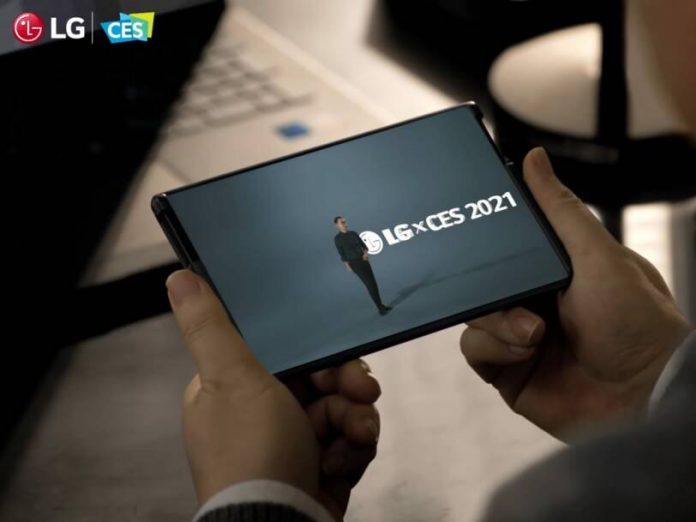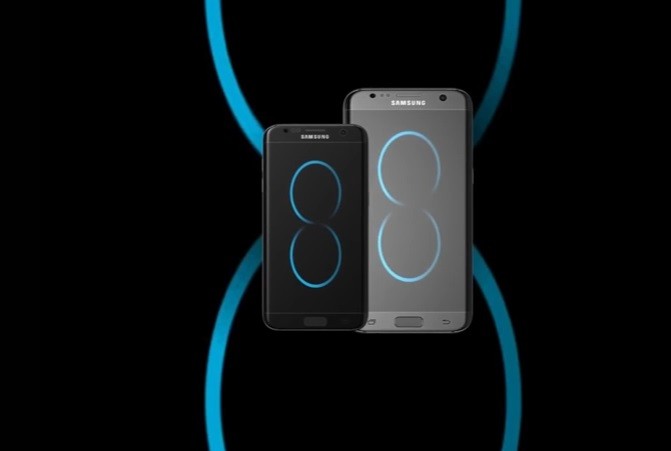The smartphone market is a two-horse race between Apple and Samsung, and LG is the latest casualty
LG’s decision to close its smartphone business shows how challenging it is to compete with Apple and Samsung.
LG announced that it will be closing its mobile business unit.
The decision shows how difficult it is to challenge market leaders Apple and Samsung.
Samsung established itself as an early challenger to the iPhone, setting it up for long-term success.
LG is officially bowing out of the smartphone market.
The South Korean tech giant announced on April 5 that it’s exiting the “highly competitive” smartphone business by closing its mobile unit, signaling the end of an era for a company that was once a top-tier handset maker.
The decision underscores how difficult it is to compete with industry giants like Samsung and Apple, particularly in the United States which is part of the world’s third largest smartphone market.
LG was once among the top five smartphone makers in the world. However, it failed to stand its ground as Samsung and Apple dominated the US market and companies like Huawei and Xiaomi snatched up market share abroad.
Together, Apple and Samsung account for 81% of the US smartphone market, with Apple accounting for 65% and Samsung responsible for 16% as of the fourth quarter of 2020, according to Counterpoint Research. LG, meanwhile, came in third with just 9% of the market, while Samsung and Apple were the only two smartphone companies to show growth in the US during the fourth quarter of 2020.
Worldwide, Apple took the number one spot in the fourth quarter of 2020 with 23.4% of the market while Samsung came in second with 19.1%, according to The International Data Corporation.
Samsung and LG are longtime rivals in the electronics and home appliances industries, but there’s one critical advantage the former has that the latter lacks when it comes to smartphones.
Samsung established itself as the primary competitor to the iPhone when the smartphone market was still fairly young in 2012. Back then, it had a blockbuster hit on its hands with the Galaxy S3, which overtook the iPhone 4S to become the world’s best-selling smartphone in 2012, according to Strategy Analytics.
The Galaxy S3’s successful launch helped shape a narrative that the smartphone market had become a two-horse race between Apple and Samsung. It fueled headlines in outlets like The New York Times, Vanity Fair, and The Guardian declaring the two tech giants as the winners of what had become the biggest shift in computing in recent history.
No Android phone maker had anything that came close to the popularity of the Galaxy S3 at the time. It put Samsung’s Galaxy S series on the map, setting it up to be the iPhone’s main competitor for years to come.
And despite being more innovative in some ways, other Android phone makers simply couldn’t keep up. For example, tech critics praised HTC in 2013 for its eye-catching One M7 phone, which outpaced every Android phone on the market in terms of build quality and design. But it never had the sales to match those accolades, and HTC sold a chunk of its smartphone business to Google in 2018.
Motorola’s original Moto X from 2013 was also ahead of its time with hands-free voice controls that preceded the Amazon Echo and was well-received by reviewers. But Google sold off Motorola’s mobile unit to Lenovo 2014, and the PC giant has struggled to boost its presence in the smartphone market.
Even Google, which operates Android, has had a hard time breaking into the smartphone business. It pivoted to selling less expensive Pixel smartphones after it had trouble selling high-end phones designed to compete with the iPhone and Samsung’s Galaxy S line.
LG took a similar path. It was ahead of competitors in some ways, such as its decision to bring cameras with a wider field of view to its smartphones years before Apple and Samsung did. But its smartphone division has incurred losses totalling $4.5 billion over six years, resulting in the decision to shut down the unit after it reportedly failed to find a buyer. LG will instead focus on areas like smart home devices, electric vehicle components, robotics, and artificial intelligence.
Of course, the success of Samsung and Apple is just one element that’s influenced the market for mobile phones, albeit a big one. Popular Chinese brands that have stood out for their more accessible price points like Huawei, Xiaomi, Oppo, and OnePlus also rose in popularity around the time that LG’s market share began slipping around 2015, as Gartner data provided to Insider indicates.
Still, Samsung and Apple have been comfortably at the top of the smartphone market for years, and LG is just the latest casualty.













